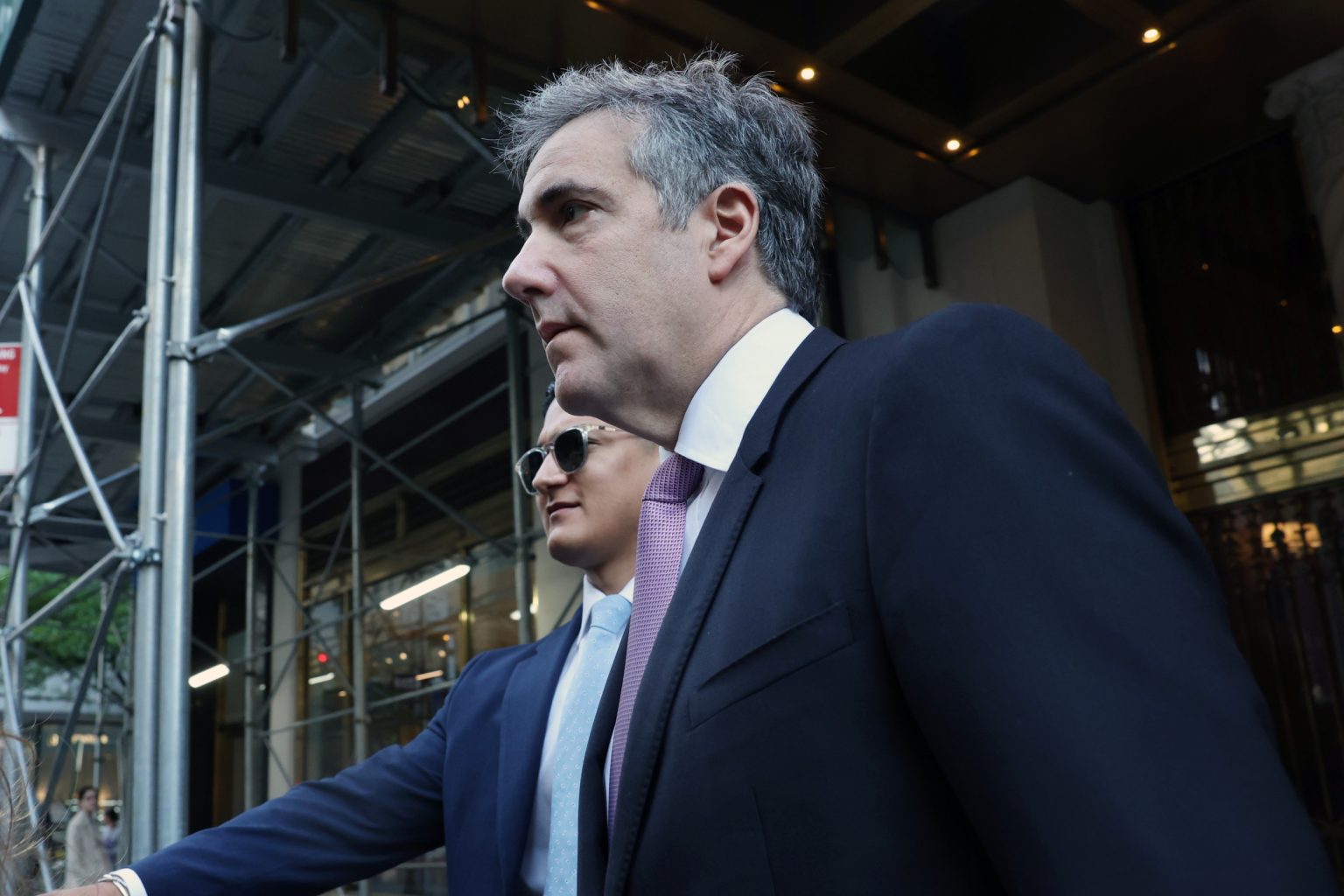Donald Trump did not pardon his former attorney, Michael Cohen, because he feared potential legal consequences, according to a New York attorney. Colleen Kerwick suggested that offering a pardon to Cohen, who is now testifying against Trump in a hush money trial, could have led to legal trouble for the former president. Cohen was convicted of breaking campaign finance laws, and offering him a pardon could have been seen as an exchange for silence on Trump’s involvement, potentially constituting witness tampering. Trump distanced himself from selecting candidates for pardons, but offering one to Cohen was not possible due to the legal limitations.
In 2018, when Trump was president, the FBI raided Cohen’s offices as part of an investigation into his payments to adult film star Stormy Daniels, among other potential crimes. Cohen ultimately pleaded guilty to several charges, including campaign finance violations, and was jailed for three years. Cohen claims he was abandoned by Trump and has cooperated with the New York District Attorney’s office in the indictment of the former president. Trump has been charged with accepting illegal campaign contributions related to the payments made to silence Daniels during the 2016 presidential campaign. Trump, who is the presumptive Republican presidential nominee for 2024, has denied the allegations and insists that the legal challenges against him are politically motivated.
Trump is the first former president in U.S. history to stand trial in a criminal case. The prosecution seeks to prove that Trump paid two women, Stormy Daniels and Karen McDougal, to not disclose alleged affairs they had with him before the 2016 election. Trump denies having affairs with either woman. The ongoing cross-examination of Cohen in the hush money trial has raised questions about the potential implications of pardoning witnesses to silence them. Legal experts have pointed to the Watergate scandal during the Nixon era as a precedent, showing that obstructive pardons can be considered impeachable offenses.
Two attorneys noted that the Nixon case demonstrated that using pardons to silence potential witnesses can lead to impeachment. The articles of impeachment drafted against Nixon included charges related to using the powers of his office to obstruct investigations and offer favored treatment to individuals in exchange for silence or false testimony. The experts cited clear congressional and constitutional precedent that an obstructive pardon could be grounds for impeachment. As the legal proceedings continue, the potential implications of Trump’s actions in the hush money trial and his relations with Cohen remain under scrutiny.


